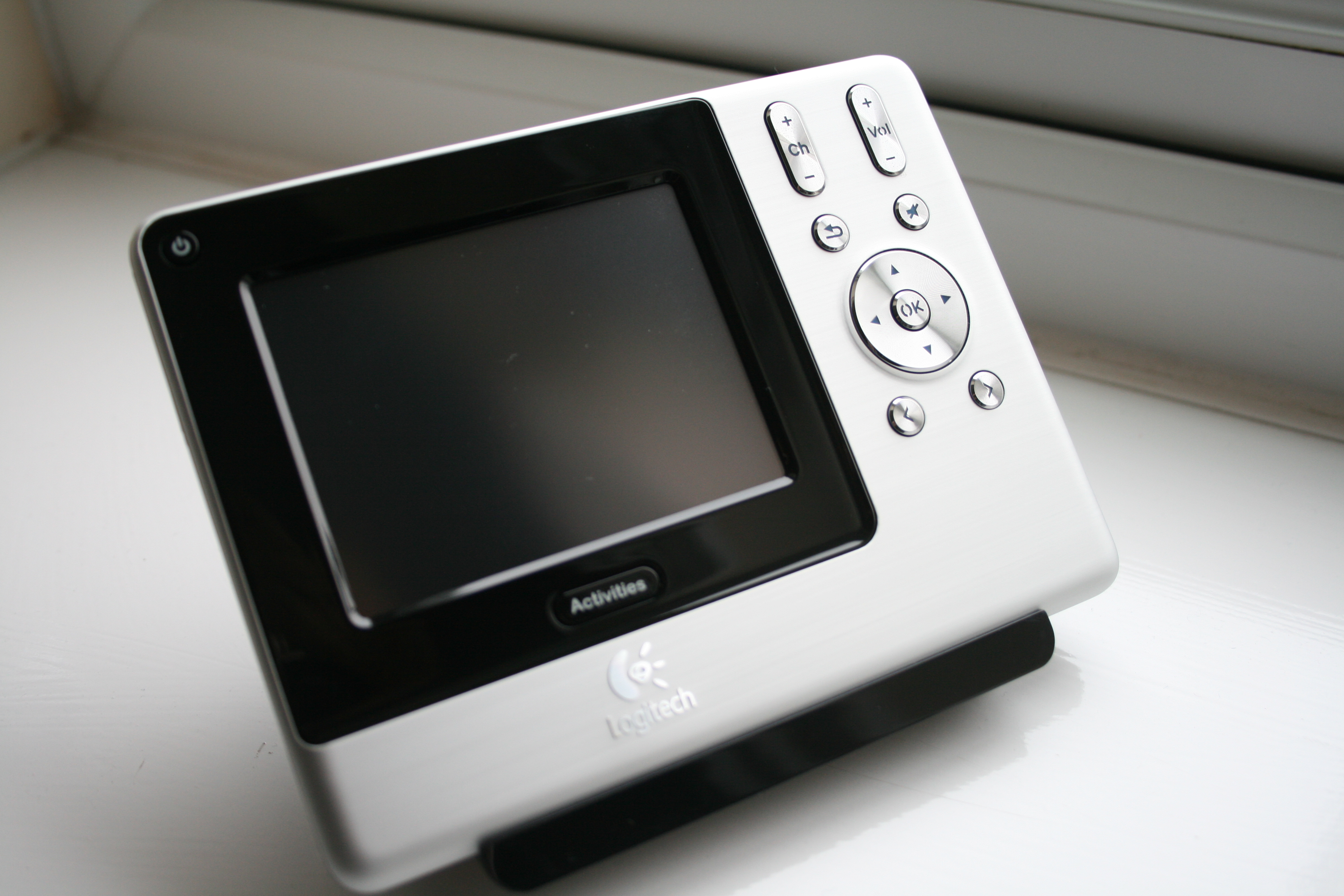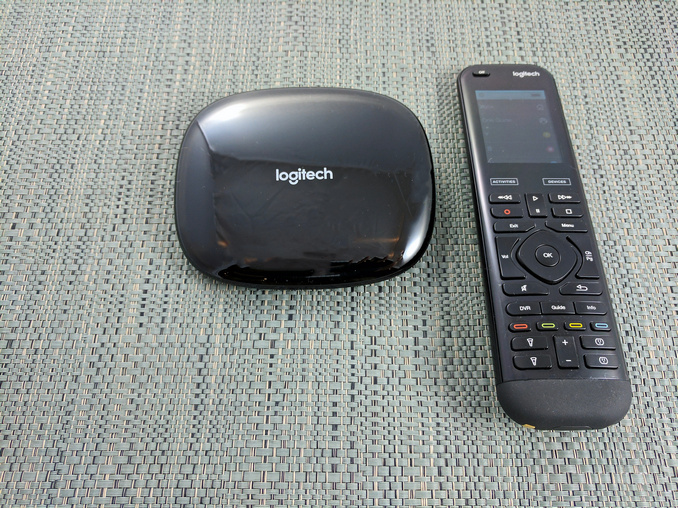
Amazon.com: Logitech Harmony Elite Remote Control, Hub and App - Discontinued by Manufacturer : Tools & Home Improvement

Amazon.com: Logitech Harmony Elite Remote Control, Hub and App, Compatible with Alexa (Renewed) : Electronics

Amazon.com: Logitech Harmony Elite Remote Control, Hub and App, Compatible with Alexa (Renewed) : Electronics

UniversalRemoteReviews.com Now Tracking the Best Logitech Harmony Cyber Monday 2019 Deals: Save on Elite, Companion, 950, Smart Control, Hub & More | Newswire

Amazon.com: Logitech Harmony Elite Remote Control, Hub and App - Discontinued by Manufacturer : Tools & Home Improvement
















:max_bytes(150000):strip_icc()/01LW4138565-HeroSquare-645f7c95512945818e9362584f0168f7.jpg)


